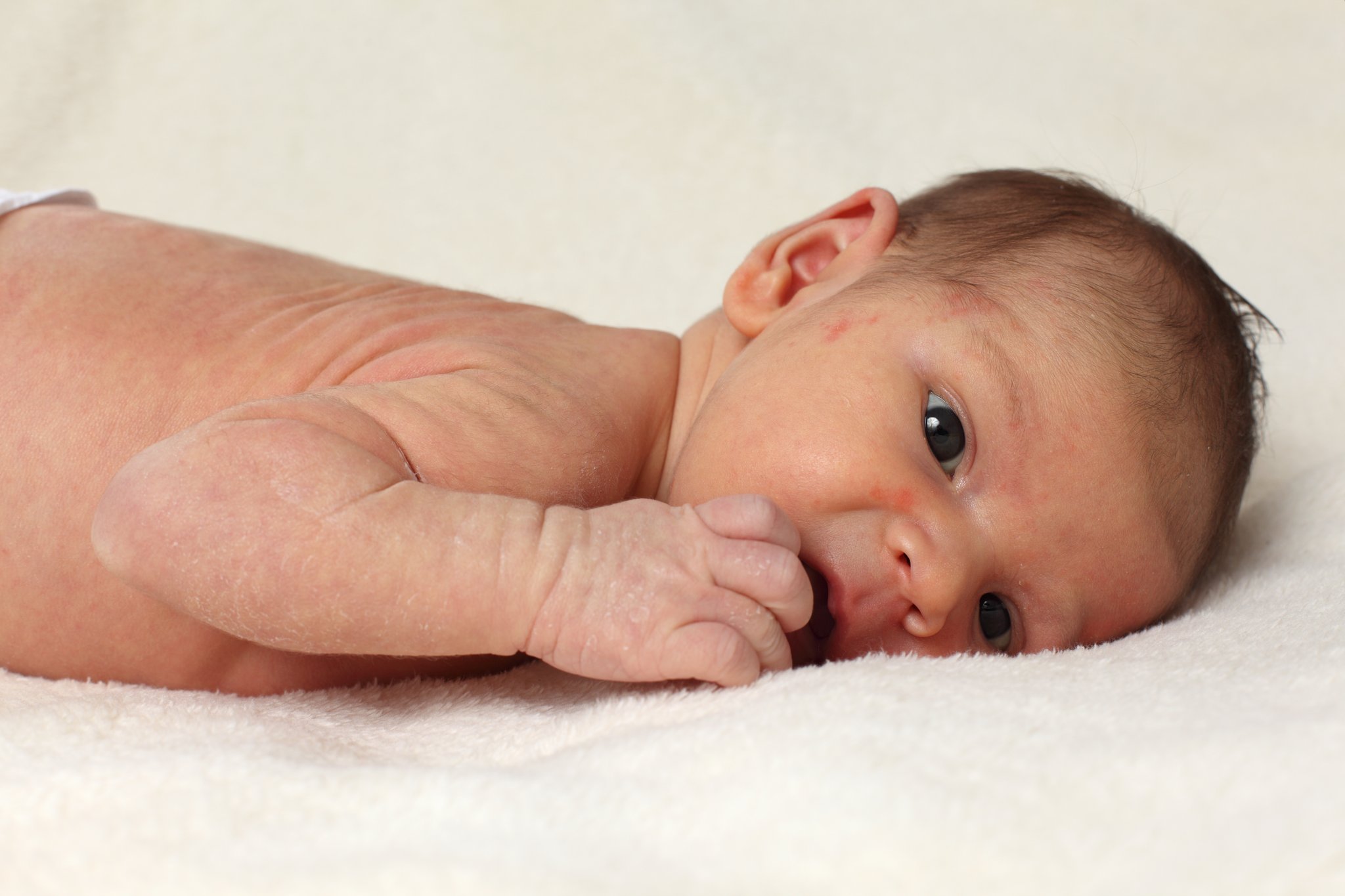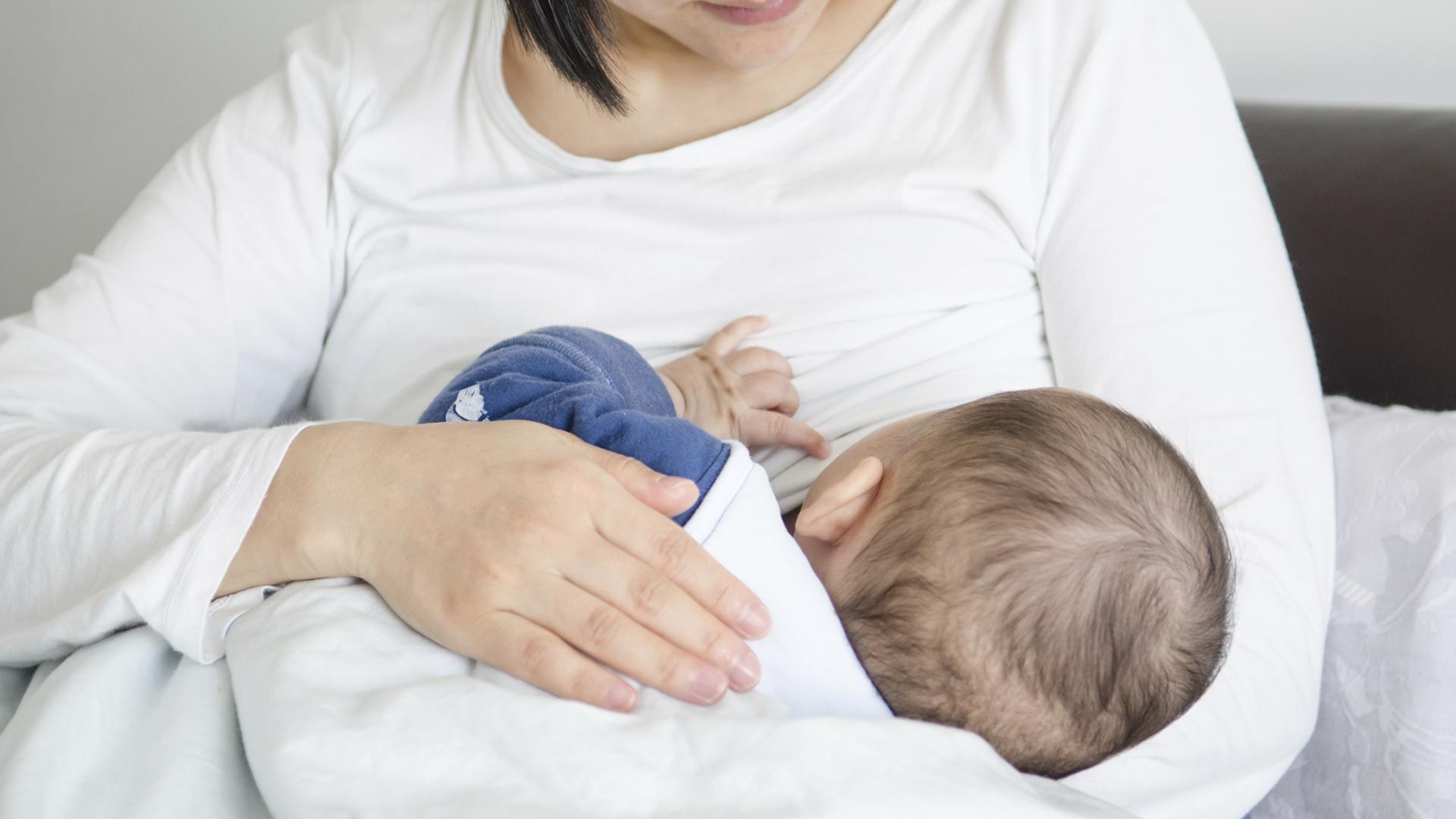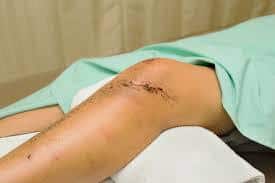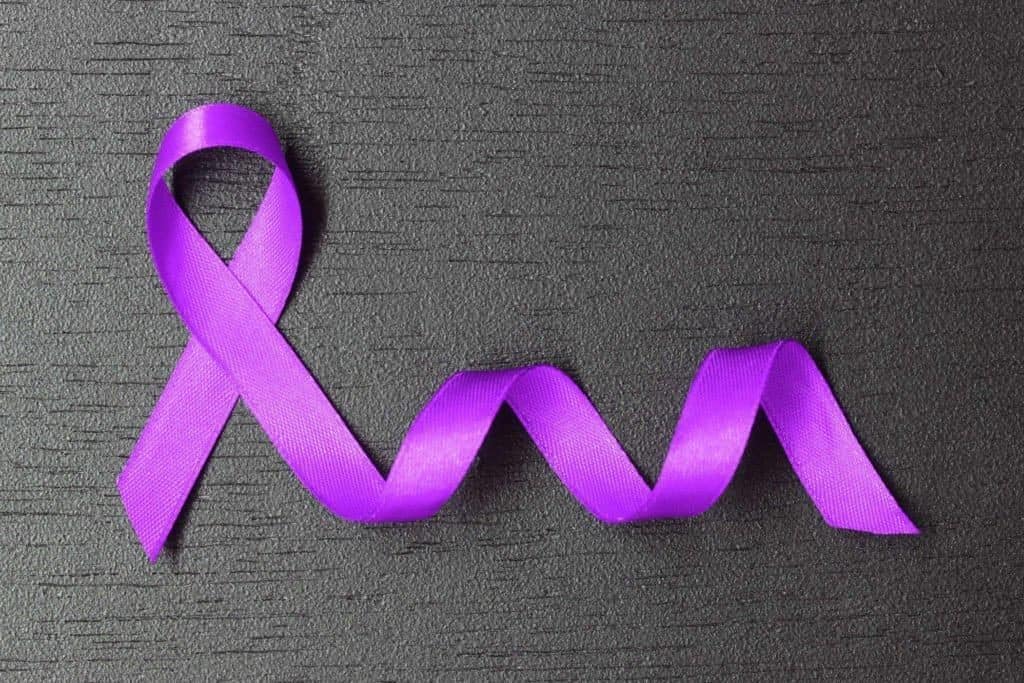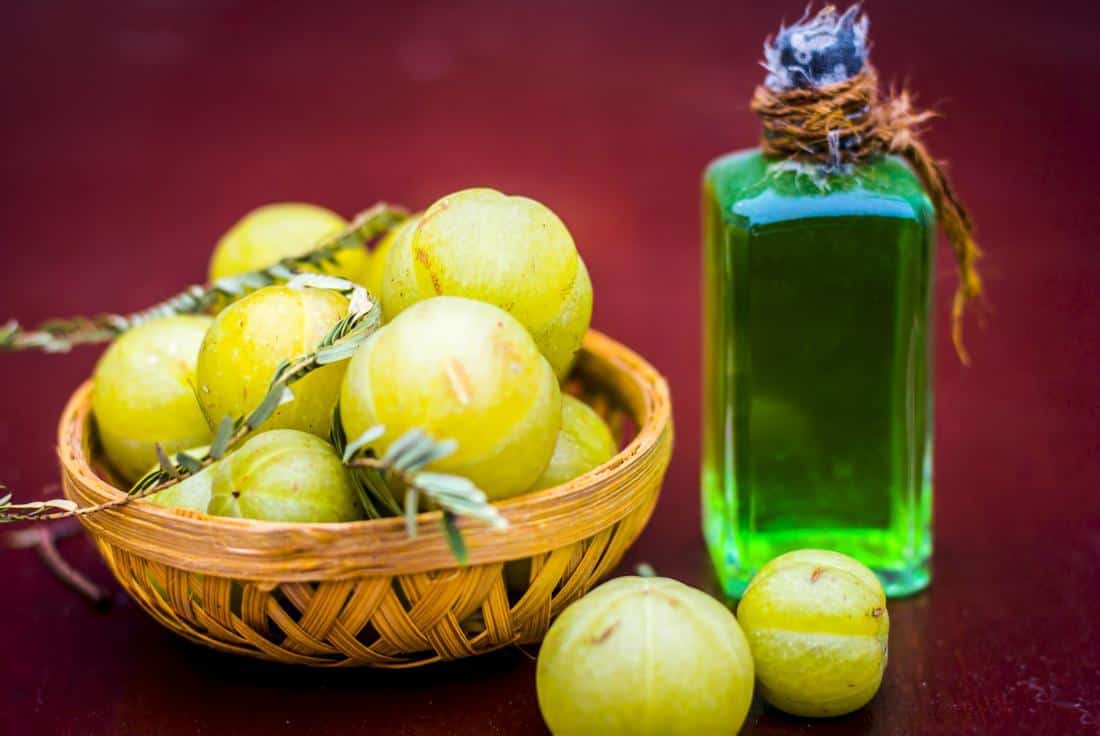Contents:
- Medical Video: Eczema in Children: Causes, Complications and Treatments
- What is eczema in infants?
- How do breastfeeding foods trigger eczema in infants?
- Avoid food allergens
- Consume foods that can support the body's immunity
- Intake of baby food must also be considered
Medical Video: Eczema in Children: Causes, Complications and Treatments
Eczema in infants can make babies uncomfortable and crying often. Babies may try to scratch the itchy part of their body when the eczema recurs but scratching can actually make the eczema condition worse. Some things may be avoided if your baby has eczema, one of which is certain foods consumed by nursing mothers. Anything?
What is eczema in infants?
Eczema or also called atopic dermatitis is an inflammatory skin condition, where the skin will be reddish, irritated, rough, and may be scaly. Sometimes, small fluid-filled bumps can also appear when the baby has eczema. Usually, eczema appears on the cheeks, forehead, back, hands and feet.
According to KidsHealtheczema can occur in one in ten children. Symptoms can appear several months after the baby is born, or at the age of around 3-5 years. Half of children who have eczema in their childhood, may be able to experience eczema during adolescence.
Don't worry, eczema is not contagious. However, the cause of eczema in infants is not certain. If your baby has eczema, maybe you should avoid some things that can trigger eczema in babies who relapse. One of the things that can trigger eczema is the food consumed by nursing mothers.
How do breastfeeding foods trigger eczema in infants?
Food alone is not the cause of eczema. However, food affects the appearance of eczema symptoms more or less in infants. Especially if babies have certain food allergies.
Mothers who are still breastfeeding their babies may have to pay attention to the food they eat. This is because the food you eat can enter your baby's body through breast milk.
Avoid food allergens
If babies with eczema are still breastfeeding, it's best for mothers to avoid common foods cause allergies. According to the American Academy of Pediatrics, some foods that often cause allergies and should be avoided by nursing mothers are:
- Cow's milk
- Nuts
- Egg
- Shellfish or other seafood
This should not stop you from continuing to breastfeed the baby until the age of 2 years. After all, breastfeeding a baby can also protect the baby from the effects of eczema. This is because breast milk contains special antibodies that can increase the baby's immunity.
Consume foods that can support the body's immunity
To prevent eczema in relapsed babies, nursing mothers should also consume lots of foods that can support the body's immunity. One of them is eating foods that contain probiotics during breastfeeding, and even recommended for consumption during pregnancy.
Research shows that probiotics can maintain the balance of good bacteria in the intestine, so this can then increase immunity. Some foods that contain probiotics are yogurt, tempeh, and kimchi.
Intake of baby food must also be considered
In addition to the mother's food intake, the baby's own food intake can also affect eczema, especially if the baby receives bottle milk or has received other foods other than breast milk.
If babies drink bottled milk and have severe eczema, you may have to give formula milk that does not trigger allergies, such as formula milk made from hydrolyzed proteins.
Whereas if your baby has begun to receive solid food, you should offer baby food one by one. After the baby eats, look for signs of whether the rash or reddish spots appear on the baby's skin or whether the baby feels itchy. If so, maybe the baby has a food allergy.
However, usually a new allergic reaction appears after a few days the baby eats food allergens. Therefore, you may need to see a doctor to ensure allergies in the baby.
To help deal with eczema, give foods containing probiotics to babies to support their immunity. Also, give baby food that contains many essential fatty acids such as salmon, sardines, tuna, almonds, walnuts, avocados, and others. Research shows that essential fatty acids can help overcome inflammation in the body, so that it can support the health of baby's skin.

